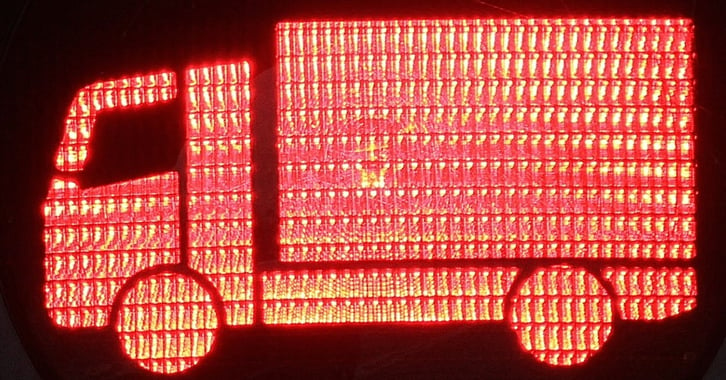
All fleets, whether large or small, reach the point where the decision to acquire new vehicles, replace fleet vehicles, to downsize, rightsize and so on can no longer be avoided. Everyone wants to take the right steps in order to avoid wasting money regarding a new purchase; to make a sensible decision as to what to do when an older vehicle needs excessive maintenance and is reaching the end of its cycle, and what to do with vehicles that after having been purchased are only used seasonally or have a low asset utilization rate.
If you are specifically looking to replace a vehicle you think cannot be used any longer without seriously impacting the costs of your fleet—i.e., costs surpass the expected level for some reasons, and you cannot seem to do much about it as they are well maintained and used properly by your drivers etc.—here are some aspects you should consider before you take the step to invest in something new.
So, if you are in the process of replacing fleet vehicles, here is what you need to look at:
1. Vehicle starts to “suffer” more
When mechanical and electrical issues as well as breakdowns start to become a recurring issue, and apparently for no reason, your fleet telematics software gives you all the metrics necessary to make a judgement call as to when to call time on a vehicle and purchase a replacement. If it starts to cost more in repairs compared with previous years, is often in the garage or subject to downtime, it’s time to seek a substitute in the interests of economics and safety.
2. Vehicles actually look old
If despite being maintained and washed, a vehicle still looks old or maybe is not suitable to carry out a specific job, and this (remember!) can throw a bad light on the image of your company, it might mean it’s time for a change. Maybe it won’t be the only aspect to consider when thinking about a replacement, but surely it can help in making a decision if weighed up with other aspects.
3. Vehicles use too much fuel
Again, providing you have done everything you can in order to save fuel (training drivers not to use aggressive techniques, having full visibility on all fuel purchasing, updating and reviewing routes/journeys etc.), if your vehicles use too much fuel they might need to be replaced. The fact that they consume too much fuel also has an impact on emissions.
4. Vehicles need more tuning and attention to remain compliant
If vehicles require additional equipment or are constantly in need of repair in order to remain roadworthy, chances are that they are outdated. Consider also that vehicles that are old and not fully compliant might not be authorized in all areas and might lead to an increase in sanctions, and, therefore, expense...
